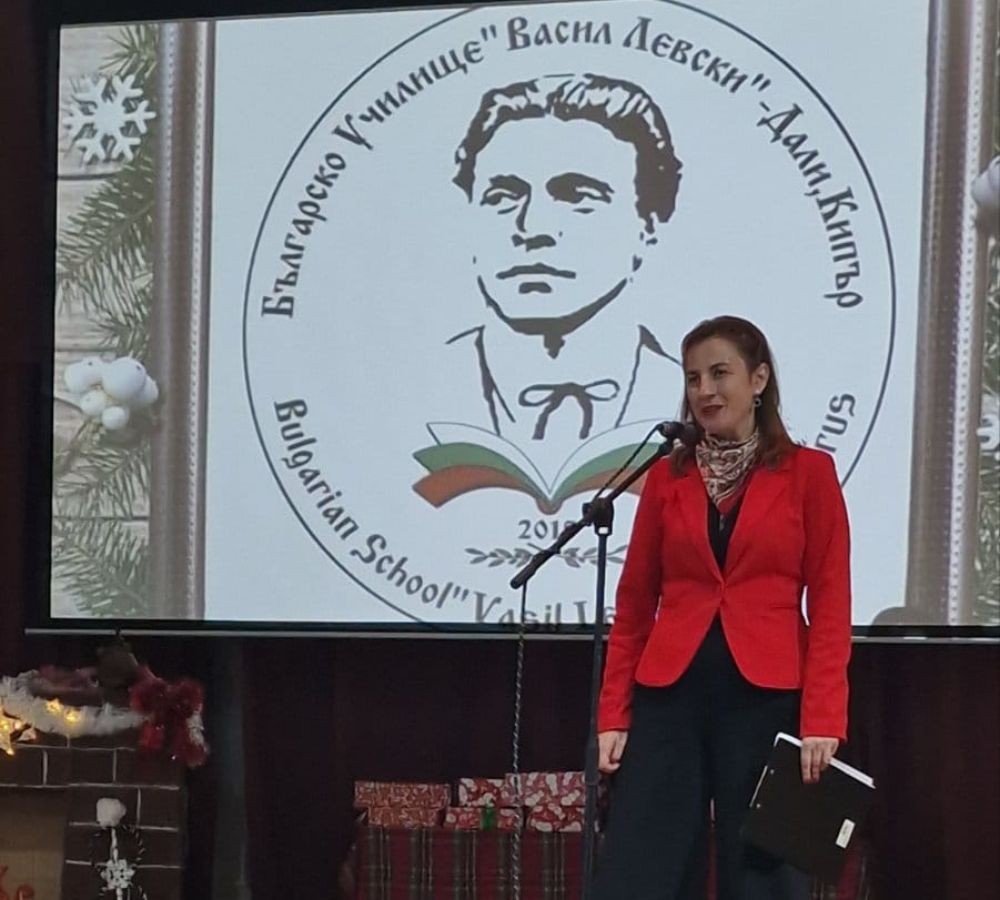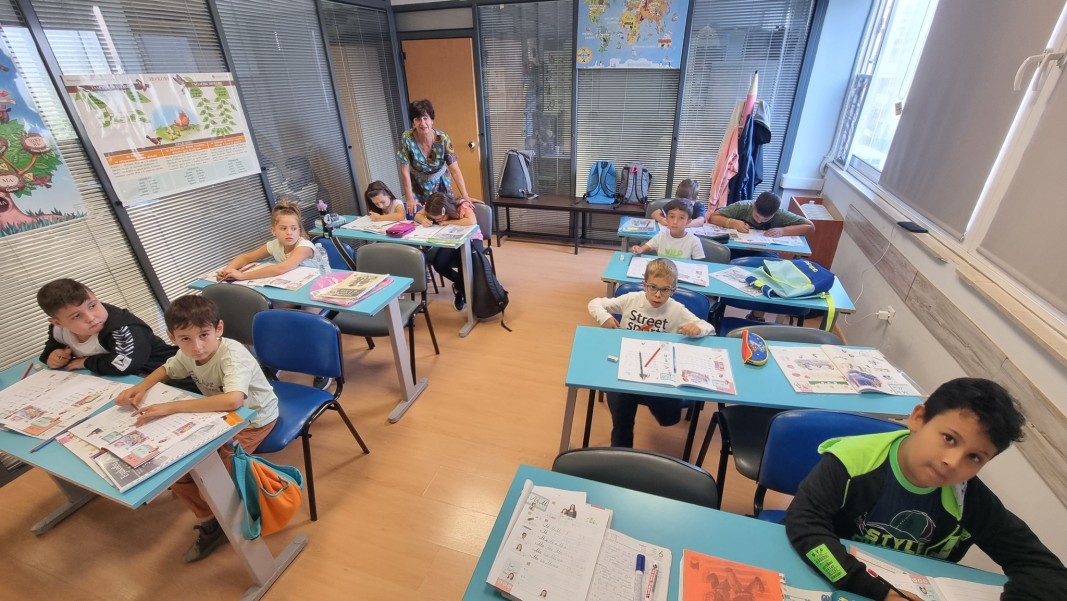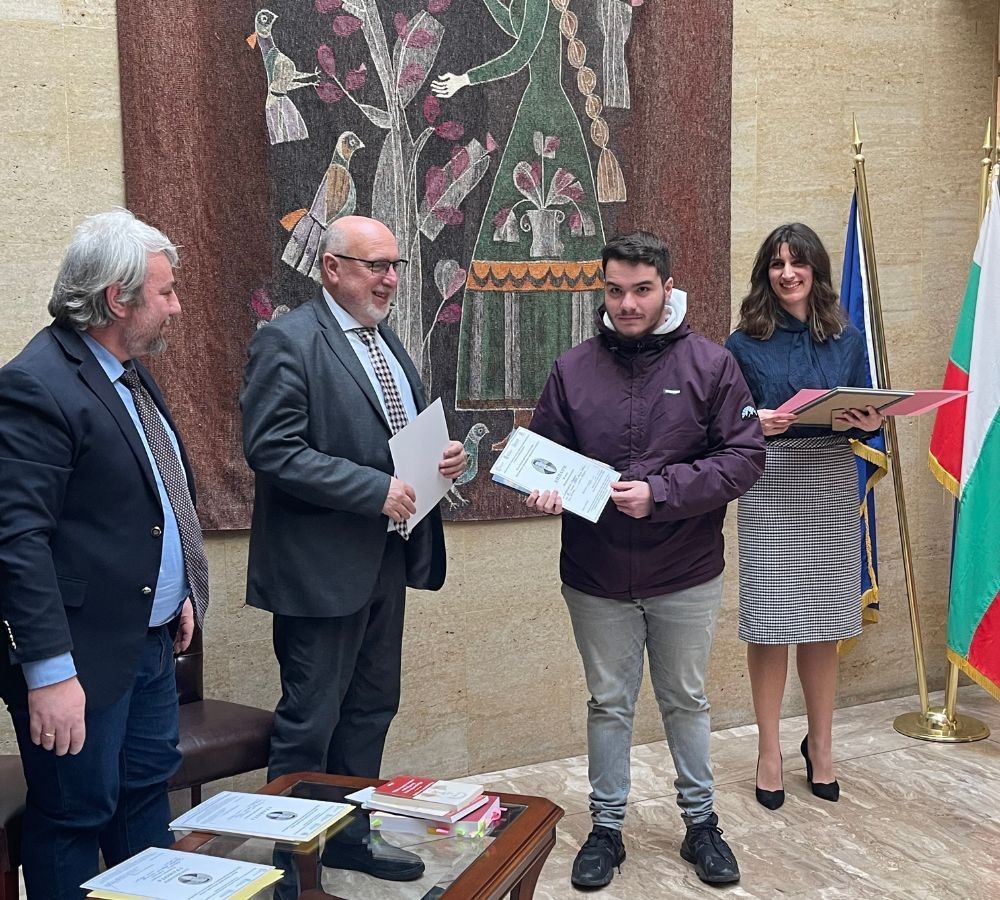




Interest in the academic study of the Bulgarian language in Slovakia dates back almost a century. The Comenius University in Bratislava was founded in 1919. Two years later the Faculty of Philosophy was established, where all humanistic subjects are..
For 30 years two Bulgarian universities have been offering high-quality technical and engineering education, in French, degrees and diplomas that are recognized worldwide. That is why the lecturers are proud to say not a single one of their graduates..
Under the title "Fashion Through the Looking Glass of a Century: From the Mid-19th Century to the Mid-20th Century', the Archives State Agency is presenting an exhibition of over 120 photographs and original artefacts showing the evolution of clothing..
Under the title "Fashion Through the Looking Glass of a Century: From the Mid-19th Century to the Mid-20th Century', the Archives State Agency is..
For 30 years two Bulgarian universities have been offering high-quality technical and engineering education, in French, degrees and diplomas that are..
Interest in the academic study of the Bulgarian language in Slovakia dates back almost a century. The Comenius University in Bratislava was founded in..

+359 2 9336 661
